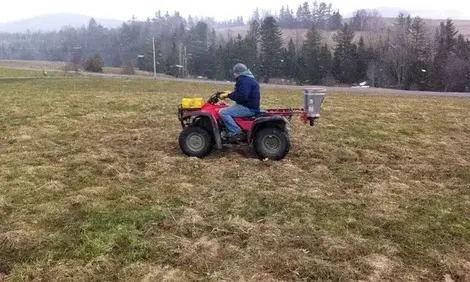



Rabobank Q321: Déjà Vu Argentina
In May this year, the Argentine government imposed a 30-day suspension on beef exports.
After those 30 days, new limitations were placed on the volume and type of beef that could be exported. In our feature article, we look at what impact this will have on the Argentine beef industry and the global market. Following is a report summary:
Covid-19
Global confirmed case numbers began rising again in mid-June, after falling from a peak in late April. Numbers in Europe, the Eastern Mediterranean region, Africa, and the Western Pacific region have seen large rises. Food retail figures remain strong, and foodservice sales were still improving in June, but the new Delta strain and increased case numbers may impact foodservice in the coming months.
UN Food Systems Summit
The UN Food Systems Summit will be held in September. With the UN’s intention to launch bold new actions to advance the 17 sustainable development goals, we expect that livestock and the beef industry in particular will receive some focused attention. At the pre-summit in early August, meat taxes were one of the issues raised.
Feed prices remain high
Weather and supply constraints are set to keep key feed grain prices high. Rabobank’s forecasts for wheat, corn, and soy remain bullish into Q4 2021, which will create upward cost pressures for feed budgets.
Rabobank global cattle prices
Cattle prices in leading beef-exporting countries continued to rise or remained stable through Q2 2021. Argentina and Canada were the notable exceptions, with a rather dramatic contraction in cattle prices, and Brazilian cattle prices took a break from their upward trend.
Rabobank clients can download the full report by clicking here.


